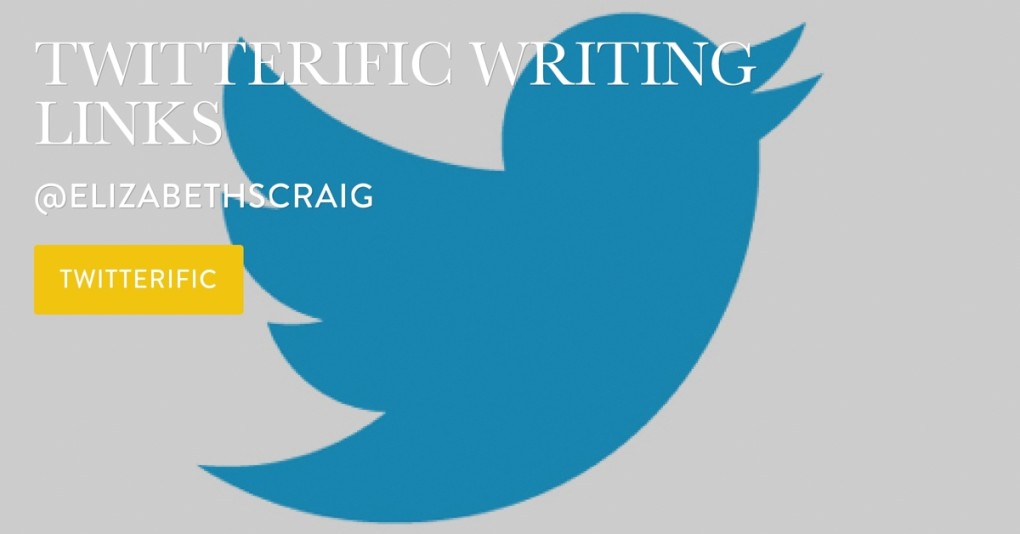
by Elizabeth S. Craig, @elizabethscraig
I read an interesting article by writer Victoria Griffin called “Writing Gains are Made on Rep Days.”
Griffin explains rep days for weightlifters:
“For lifters, rep days mean loading light weights on the bar and repping it out until you’re entirely sick of whatever exercise you’re doing…For example, hip contact is important to a good snatch. I’ll spend days doing nothing but hip contact drills until I’m black and blue. It’s not fun, and it’s not glamorous. But guess what? Next time I do snatches, my form is better and I lift heavier weight.”
She then makes the writing analogy:
“For writerly folk, rep days may be big word count days. Or they may be those days when we just don’t want to do it. For whatever reason, we don’t feel like writing, but we sit down and do it anyway. Writing on those days strengthens our writing “muscles” so that on the days we do feel like writing, when the words are flowing, we’re able to write more and better than we would have otherwise.”
I liked what Griffin was saying. I agree with her that there is a sort of ‘writing muscle’ that atrophies when we don’t work it out enough. It’s always harder to jump back into a story after taking a long break…the characters aren’t as familiar to us, we have to get reacquainted with the story world, and it’s easier to make continuity errors.
I’ll take it a step farther and say that it gives a tremendous boost to our overall confidence as writers to write on those days when we have to push ourselves through it. I know that most days out of the week, I’m not feeling inspired as I sit down to write. As I go, I get more into my story and into the flow of writing. I show up. I’m not one of those who says writers have to write every single day, but it sure helps if you can write for most of them.
Writer Teresa Frohock put this well in her post “Writing When You’re Uninspired“:
“By forcing myself to write, even when I don’t feel like it, I build on the self-discipline that I will need to get me through those deadlines when I must write.”
If we know we can tackle our project on the toughest days, it can give us the motivation to power through most days. Also, having a string of successful days of working in a row can help us to build confidence in our ability to keep making progress on a story. Writer Karen Woodward’s post, “How to Write Everyday: Jerry Seinfeld and the Chain Method,” explains how we can gain motivation by marking off writing days on our calendar.
While I don’t feel like it’s necessary to write every day (I’ll miss a day several days out of the month, if not more), I do feel it can help to write most days–and that there’s a special benefit to pushing forward with our writing on some of the more challenging days, if possible.
What if you have gone a while without writing, but you want to pick it up again? Read this helpful article by Daphne Gray-Grant, “How to Get Back Into Writing After a Break.”
Do you write on the tough days? What keeps you motivated, as a writer?
Photo on Visualhunt.com





